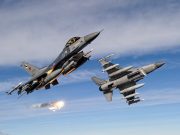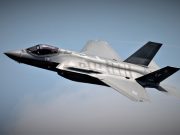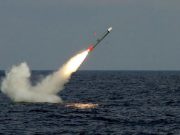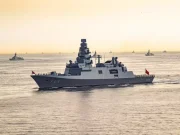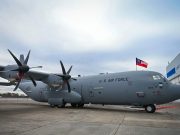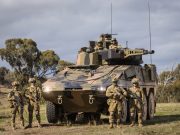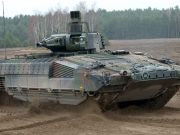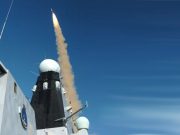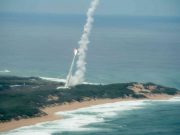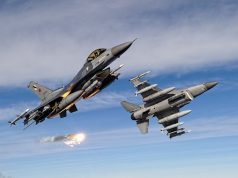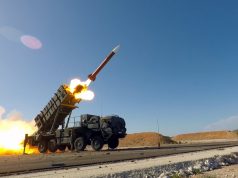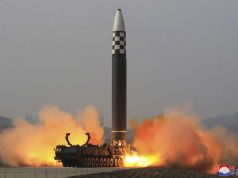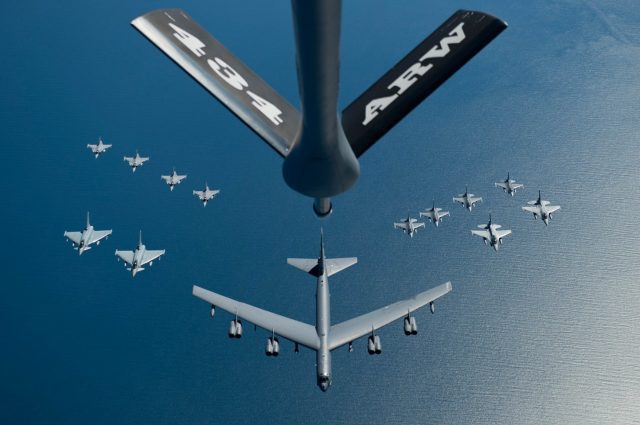
Starting next week, air forces from across NATO will exercise nuclear deterrence capabilities involving dozens of aircraft over north-western Europe.
Steadfast Noon, as the exercise is known, runs from October 17 to October 30 and will involve 14 countries and up to 60 aircraft of various types, including fourth and fifth generation fighter jets, as well as surveillance and tanker aircraft.
As in previous years, US Air Force B-52 long-range bombers will take part. This year, they will fly from Minot Air Base in North Dakota. Training flights will take place over Belgium, which is hosting the exercise, as well as over the North Sea and the United Kingdom.
The exercise is a routine, recurring training activity and it is not linked to any current world events, NATO noted, adding that no live weapons will be used.
Steadfast Noon is hosted by a different NATO ally each year.
“This exercise helps ensure that the alliance’s nuclear deterrent remains safe, secure and effective,” said NATO spokesperson Oana Lungescu.
NATO’s new Strategic Concept, adopted by Allied leaders at the Madrid Summit in June makes clear that “the fundamental purpose of NATO’s nuclear capability is to preserve peace, prevent coercion and deter aggression.” It stresses that, “as long as nuclear weapons exist, NATO will remain a nuclear alliance. NATO’s goal is a safer world for all; we seek to create the security environment for a world without nuclear weapons.”
While the exercise is a recurring one, and planned long in advance, it does take place at a time of heightened tensions in the wake of Russia’s invasion in Ukraine and Russian president Putin’s threats to protect the occupied territories in the east of Ukraine at all costs.
“It would send a very wrong signal if we suddenly now cancelled a routine, long-time planned exercise because of the war in Ukraine. That would be absolutely the wrong signal to send,” NATO Secretary-General Jens Stoltenberg told reporters earlier this week.
“NATO’s firm, predictable behavior, our military strength, is the best way to prevent escalation,” he said. “If we now created the grounds for any misunderstandings, miscalculations in Moscow about our willingness to protect and defend all allies, we would increase the risk of escalation.”


